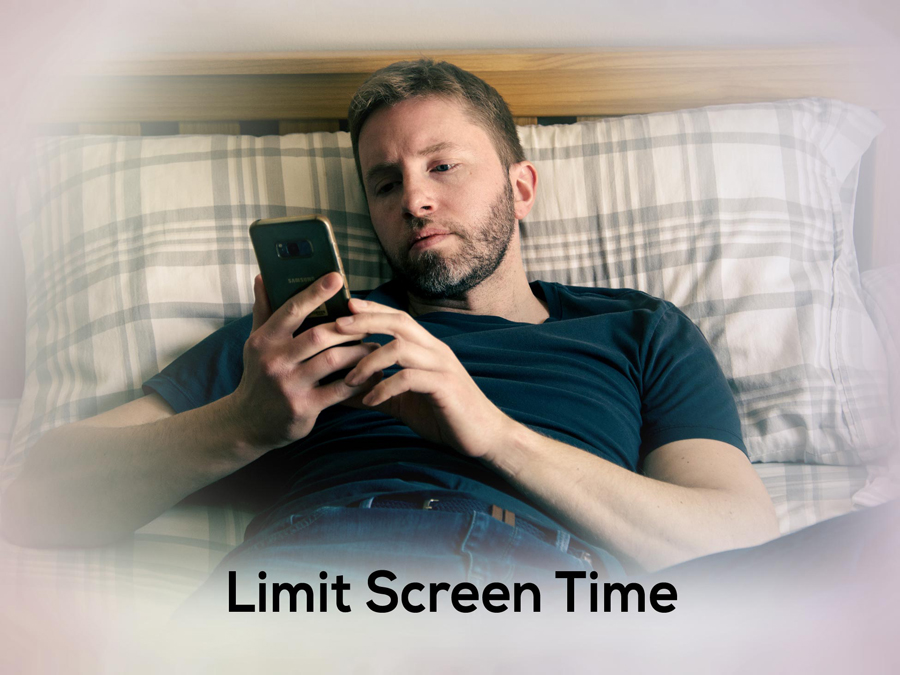Does sleep make you more attractive, what are the benefits of sleep?
Could getting a good night’s sleep actually enhance our attractiveness, and consequently, our earning potential and influence? Could a well-rested appearance lead to better financial opportunities and improved relationships? Why is sleep important? Etc.
These questions also come to the minds of many people
So we will try to know this topic better.
The short and simple answer is Yes, it does.
The benefits of sleep extend far beyond just feeling well-rested. It’s like a superhero for our bodies, offering numerous benefits, including enhanced attractiveness. When we sleep, our bodies undergo repairs, much like a handyman fixing broken things. Our brains also organize thoughts and memories, acting like a magical workshop. Sleep fosters happiness, health, and readiness for life’s challenges.

Getting a good night’s sleep not only boosts attractiveness but can also impact earning potential and influence. Adequate sleep contributes to improved skin health, brighter eyes, a relaxed facial expression, and increased confidence. These effects apply to both men and women, highlighting the importance of sleep in enhancing physical appearance and overall demeanor, irrespective of gender. Better sleep can indeed lead to better financial opportunities and improved relationships.
1)- What are the benefits if we get enough sleep?
2)- Tips to Sleeping Better At Night
3)- How much sleep is enough by age?
What are the benefits if we get enough sleep?

Benefits of sleep – For men specifically, research has shown that sleep can influence their attractiveness in various ways:
- Facial Attractiveness: Studies have found that men who are well-rested tend to have more attractive facial features, including smoother skin and a more symmetrical face, which are generally considered attractive traits.
- Mood and Confidence: A good night’s sleep can enhance a man’s mood and boost his self-confidence. This can make him appear more attractive to others because confidence is often seen as an appealing quality.
- Physical Health: Adequate sleep contributes to overall physical health, which includes maintaining a healthy weight. Maintaining a healthy weight can positively impact a man’s appearance and attractiveness.
- Behavior: Lack of sleep can lead to irritability and decreased sociability, which can negatively affect how others perceive a man’s attractiveness. On the other hand, being well-rested can lead to more engaging and positive social interactions.
- Reduction in Stress: Adequate sleep helps lower stress levels, which can have a positive impact on a man’s attractiveness. When you’re less stressed, you’re more likely to appear calm and composed, which are often seen as attractive qualities.
- Eye Contact: Being well-rested can improve a man’s ability to maintain eye contact during conversations. Eye contact is a powerful social cue and can make someone appear more confident and engaged, thus enhancing their attractiveness.
- Emotional Stability: Sleep plays a crucial role in emotional regulation. Men who get enough sleep are generally better equipped to handle emotional situations and maintain emotional stability. This can be perceived as attractive because emotional intelligence is often considered an appealing trait.
- Grooming and Personal Care: People who are well-rested are more likely to take care of their grooming and personal appearance. This includes things like shaving, styling hair, and choosing well-fitted clothing, which can enhance a man’s overall attractiveness.
- Improved Body Language: Sleep can positively affect a man’s body language, making him appear more relaxed and open. Good posture and positive body language can make a significant difference in how others perceive him.
- Better Conversational Skills: Sleep-deprived individuals may struggle with focus and cognitive function, which can impact their conversational skills. Getting enough sleep can improve cognitive function, making a man more engaging and interesting to talk to, thus enhancing his attractiveness.
Tips to Sleeping Better At Night

If you want to reap the benefits of sleep, you will have to keep in mind the main points.
- Limit Screen Time: Avoid phones, tablets, and computers at least an hour before bed. The blue light from screens can interfere with your ability to fall asleep.
- Stick to a Schedule: Maintain a regular sleep schedule, including weekends, to regulate your body’s internal clock for better sleep.
- Create a Relaxing Bedtime Routine: Develop a calming routine before bed, like reading a book, taking a warm bath, or listening to soothing music. This sending a signal for your body to relax and prepare for sleep.
- Keep Your Bedroom Comfortable: Make sure your bedroom is cool, dark, and quiet. You might want to use earplugs or a sleep mask if noise or light is a problem.
- Invest in a Comfortable Mattress and Pillows: A good mattress and pillows that suit your sleeping style can make a big difference in your sleep quality.
- Watch Your Diet: Avoid large meals, caffeine, and alcohol close to bedtime. These can disrupt your sleep patterns.
- Get Regular Exercise: Regular physical activity can help you fall asleep faster and enjoy deeper sleep. Finish your workout a few hours before bedtime to improve sleep quality.
- Manage Stress: If you’re stressed, consider relaxation techniques like deep breathing, meditation, or yoga to calm your mind.
- Limit Naps: While short naps can be refreshing, long or irregular daytime naps can interfere with nighttime sleep.
- Limit Liquid Intake: Reduce your intake of fluids in the evening to minimize the need for nighttime trips to the bathroom.
- Avoid Clock-Watching: Constantly checking the clock can create anxiety about not sleeping, which can make it even harder to fall asleep.
- Stick to a Schedule: Try to go to bed and wake up at the same time every day, even on weekends. This helps regulate your body’s internal clock.
- If You Can’t Sleep, Get Up: If you can’t fall asleep within about 20 minutes, get up and do something relaxing in low light until you feel sleepy. Lying in bed awake can create frustration and make it even harder to sleep.
How much sleep is enough by age?

The appropriate amount of sleep a person needs can vary depending on their age, lifestyle, and individual requirements. However, the National Sleep Foundation provides general sleep duration recommendations based on age groups:
- Newborns (0-3 months): 14-17 hours per day.
- Infants (4-11 months): 12-15 hours per day.
- Toddlers (1-2 years): 11-14 hours per day.
- Preschoolers (3-5 years): 10-13 hours per day.
- School-age children (6-13 years): 9-11 hours per day.
- Teenagers (14-17 years): 8-10 hours per day.
- Young adults (18-25 years): 7-9 hours per day.
- Adults (26-64 years): 7-9 hours per day.
- Older adults (65+ years): 7-8 hours per day.
It’s important to note that these are general guidelines, and individual sleep needs can vary. Some people may feel well-rested with slightly more or less sleep than the recommended range for their age group. Lifestyle factors, stress, underlying health conditions, and genetics can all influence a person’s ideal sleep duration. The key is to pay attention to your body’s signals and ensure that you feel rested and alert during the day. If you’re consistently experiencing fatigue or sleep disturbances, it’s a good idea to consult a healthcare professional for guidance.
In summary, adequate sleep can have a multifaceted impact on a man’s attractiveness by improving physical appearance, mood, confidence, social interactions, emotional stability, and overall demeanor. While individual preferences for attractiveness vary, prioritizing good sleep hygiene and overall health can certainly enhance a man’s appeal to others.
GADGETS
Body Mass Index Calculator
Ideal Body Weight Calculator
Body Fat Percentage Calculator